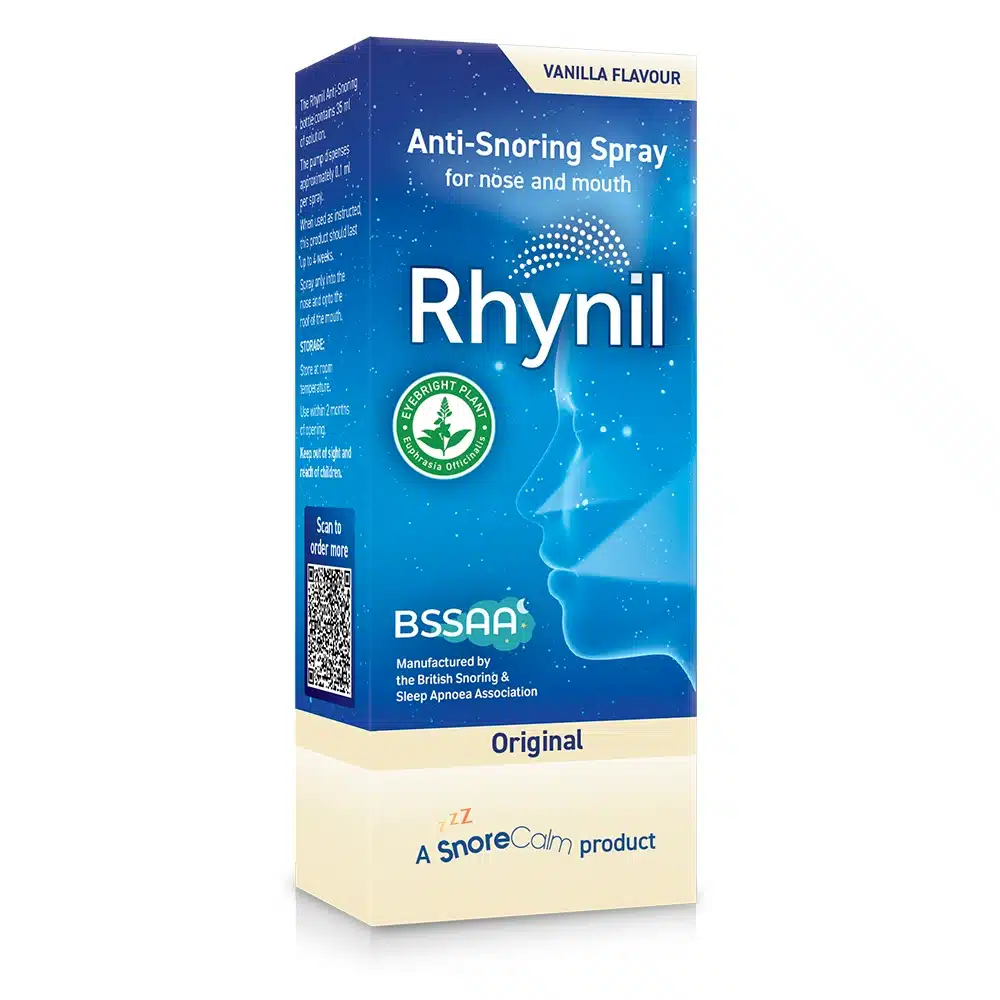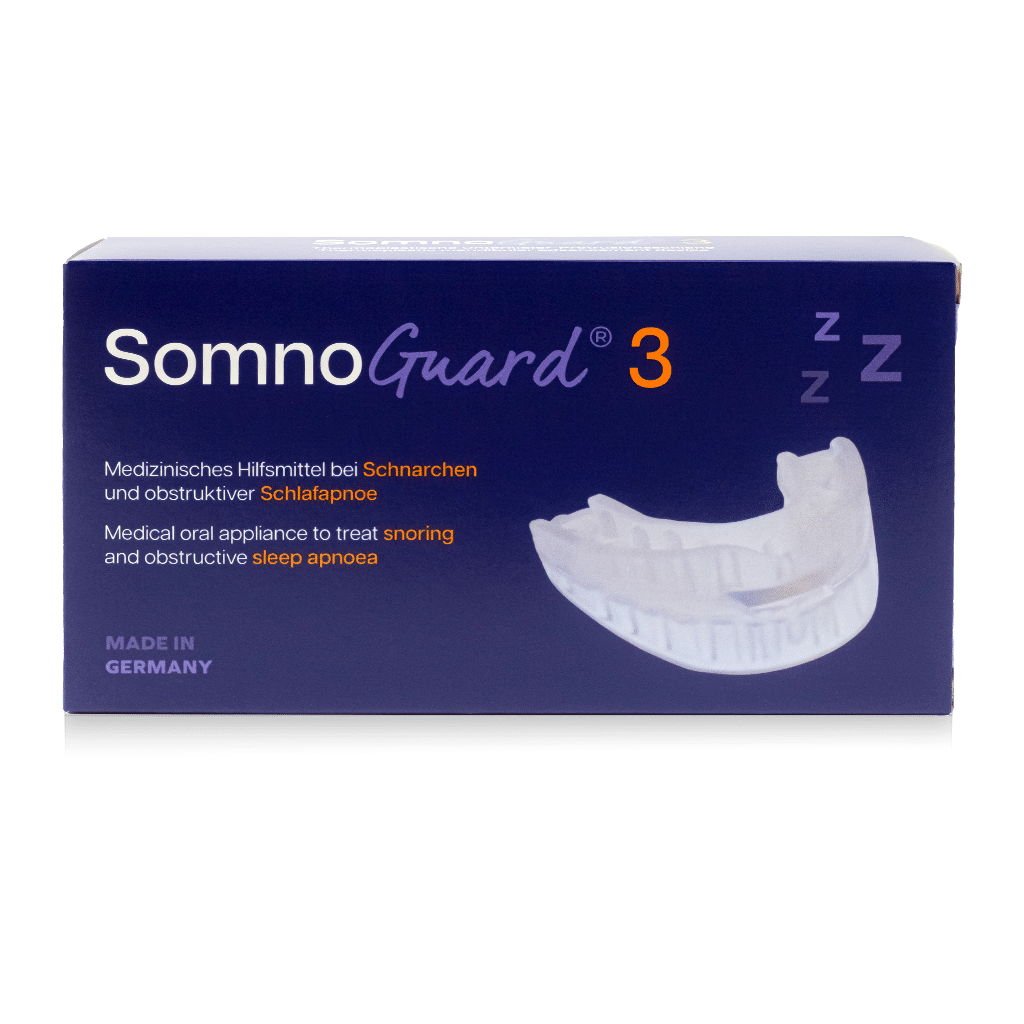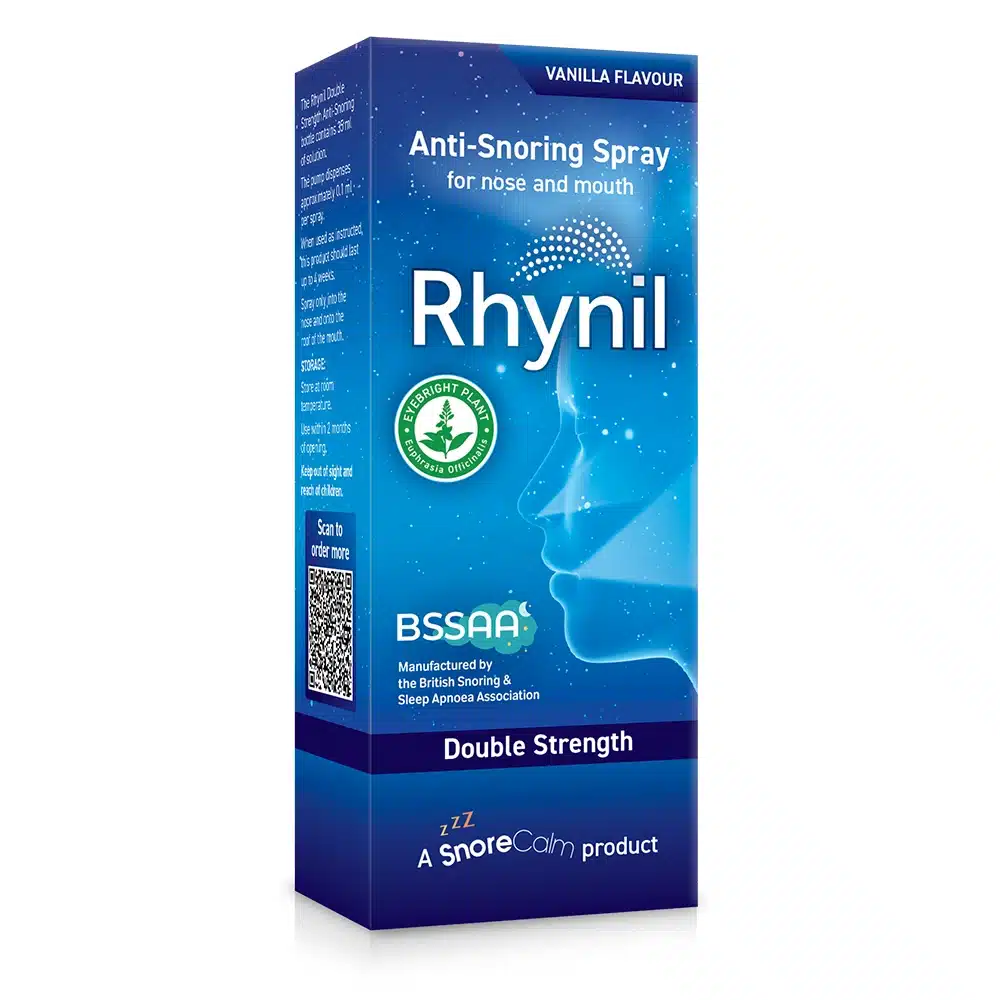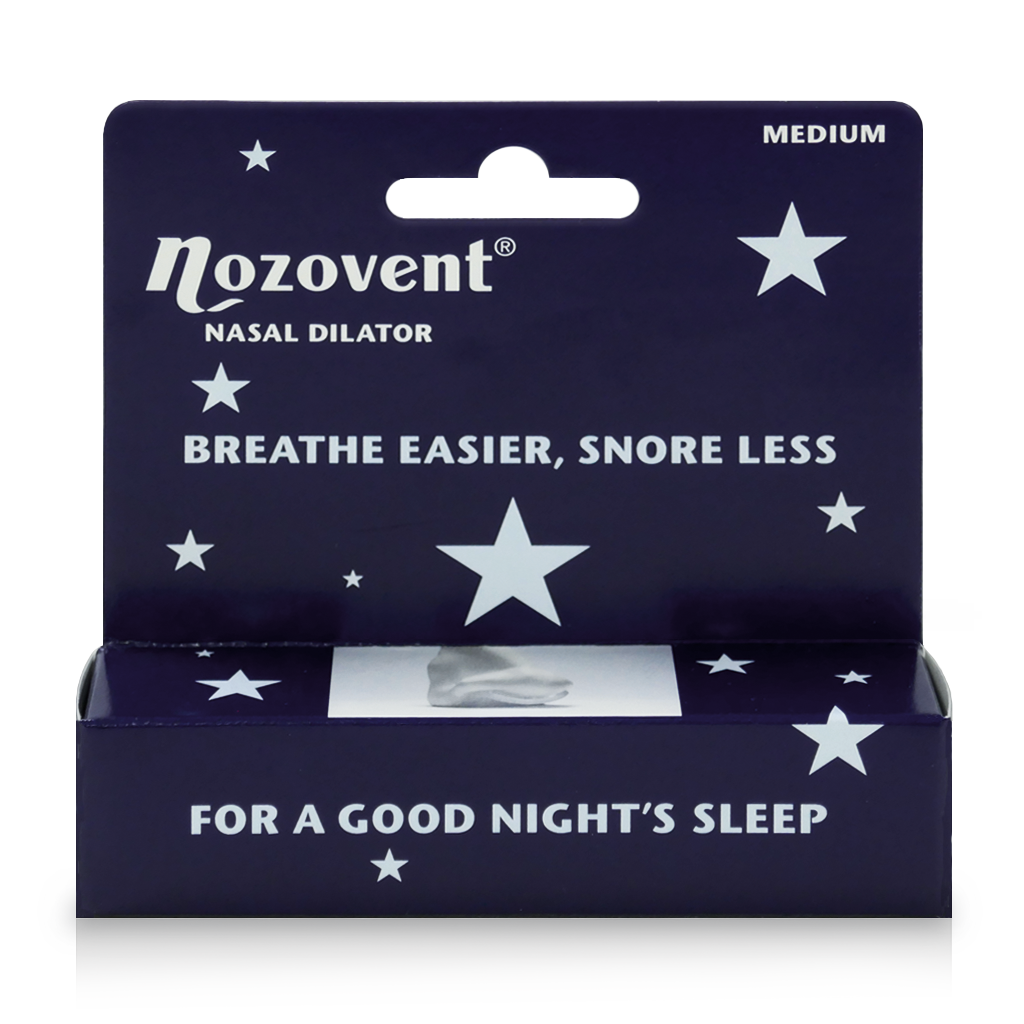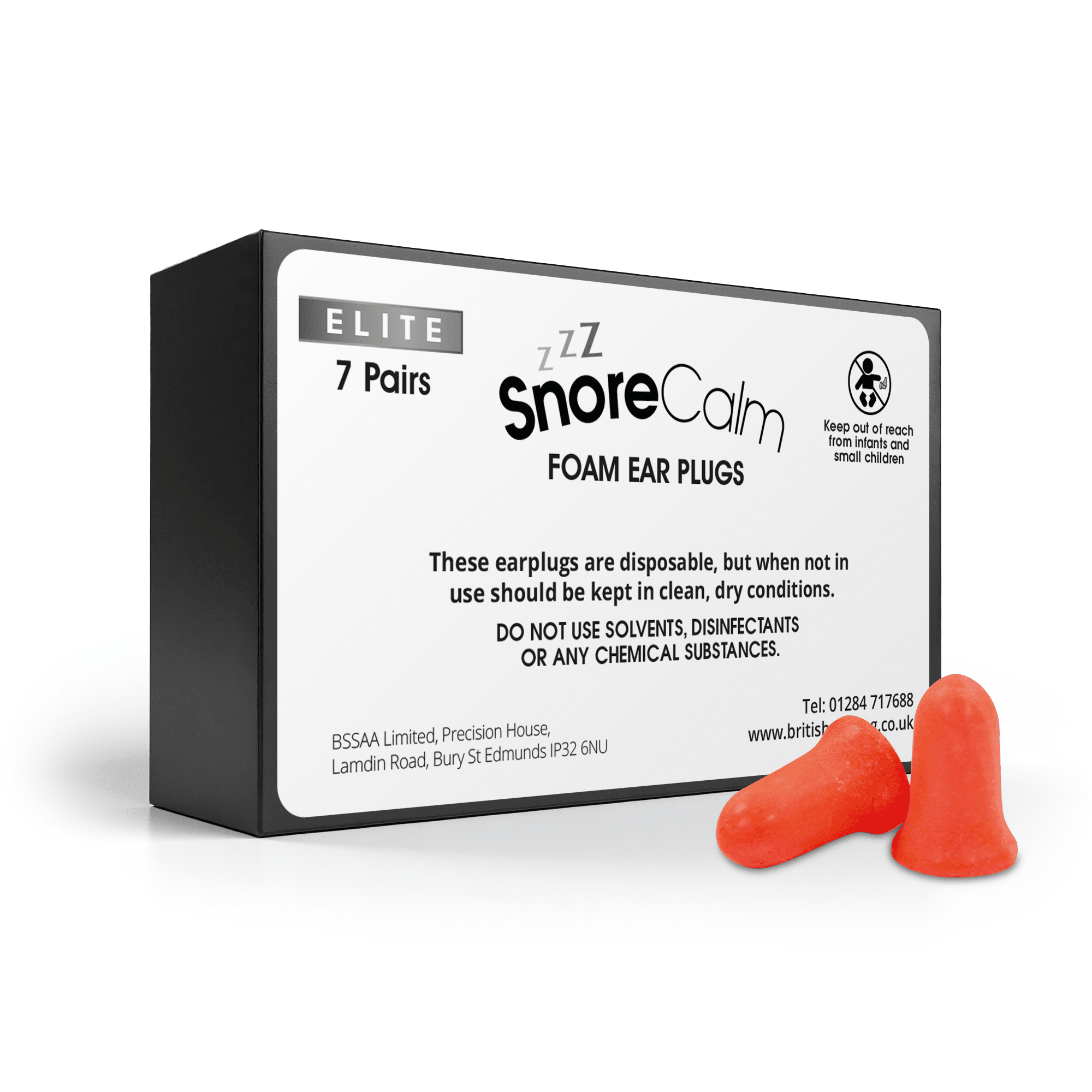Alcohol
Alcohol travels to all areas of the body and slows the brain’s responses, causing the muscles to relax even more than during a normal night’s sleep. Alcohol also acts as a depressant. The added relaxation of the musculature causes the oropharynx to collapse more readily causing further snoring. Additionally alcohol can induce obstructive sleep apnoea (where breathing stops for short periods during sleep) in individuals who are otherwise just snorers. This does not mean that you have ‘clinically recognised sleep apnoea’ but, when you have been drinking alcohol and your sleep is interrupted by periods of not breathing, you should be aware that if you do not modify your lifestyle, this condition will worsen. It is very much more difficult to treat sleep apnoea than it is to treat simple snoring.
Alcohol also causes nasal airway irritation and congestion that increases the airway resistance when breathing. The consumption of alcohol affects every organ and system in the body. It can damage heart tissue and elevate blood pressure. It also has a high calorie content, and people who are heavy drinkers are often overweight.
If you cannot stop drinking you can modify the effects by having your last drink at least 4 hours before you go to bed. This will give your body sufficient time to reduce the effects of the alcohol and help you to sleep without snoring.
If you drink alcohol you should refrain from drinking for at least 4 hours before going to bed.
The current daily recommendations for drinking are:
• Men 3 units
• Women 2 units
1 unit = half a pint of beer = 1 glass of wine or sherry = 1 single (pub measure) of spirits = a measure of vermouth or aperitif
If possible, two or three days a week should be alcohol-free.
Medication, sedatives, sleeping pills
Some anti-depressants and other drugs can also act in a similar way to alcohol. This is because drugs themselves contain sedative properties. Sedatives can also affect the muscle tone that prevents the airway from collapsing during sleep which can lead to snoring.
You should never stop taking prescribed medicines without your doctor’s consent. It may be wise if you are on medication to consult your doctor regarding this issue, they may be able to prescribe an alternative medication without a sedative effect.


